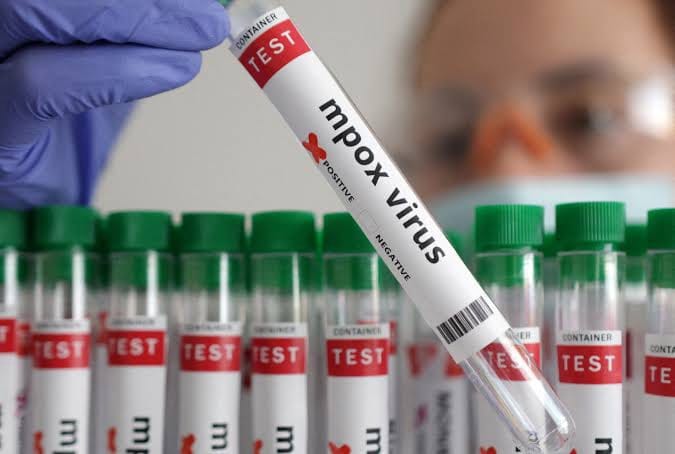Mpox outbreak in Africa remains uncontrolled, warns Africa CDC
The Africa Centres for Disease Control and Prevention (Africa CDC) has expressed serious concerns regarding the uncontrolled Mpox outbreak across the continent, with a troubling rise in cases reported in multiple countries.

The Africa Centres for Disease Control and Prevention (Africa CDC) has expressed serious concerns regarding the uncontrolled Mpox outbreak across the continent, with a troubling rise in cases reported in multiple countries.
Jean Kaseya, the Director General of Africa CDC, highlighted these alarming trends during a weekly briefing on the outbreak.

Mpox, previously known as monkeypox, is a viral disease related to smallpox, typically presenting with symptoms such as fever, rash, and swollen lymph nodes. It spreads from animals to humans and between people through close contact, respiratory droplets, and contaminated surfaces. The World Health Organization (WHO) rebranded monkeypox to “Mpox” in 2022 to mitigate stigma and discrimination.
Also Read: Rwanda, Jersey unite for virtual charity walk to support girls’ education
“We can say today that Mpox is not under control in Africa. We still have an increase in cases, which is worrying for all of us,” Mr. Kaseya stated. In the past week alone, 2,912 new cases were documented, including Morocco’s first reported case, marking the spread of the disease across all five regions of the continent. As of now, 15 out of the 55 African Union member states have reported infections, with 14 deaths occurring in just one week.
In regions such as Cameroon and the Democratic Republic of Congo (DRC), two strains of the virus are circulating, although insufficient surveillance limits understanding of the situation in other countries. Rwanda has initiated a vaccination campaign, while the DRC plans to start vaccinations in early October.
As of the end of week 35 in 2024, a total of 26,544 Mpox cases, including 5,732 confirmed and 724 deaths, have been reported from 15 African nations, with a case fatality rate of 2.73 percent. The Africa CDC noted a staggering 177 percent increase in Mpox cases and a 38.5 percent rise in fatalities compared to the same period last year.
International support is being mobilized, with the European Union delivering vaccine doses to the DRC and pledging additional supplies, while Japan has committed three million doses. Gavi, the Vaccine Alliance, has secured 500,000 doses for affected African countries, and Nigeria recently received a donation of 10,000 doses of the Jynneos Mpox vaccine from the U.S. government.
As Mpox cases continue to emerge globally, including in countries like Pakistan and Sweden, the WHO declared Mpox a public health emergency on August 14, underscoring the urgency of the situation.














